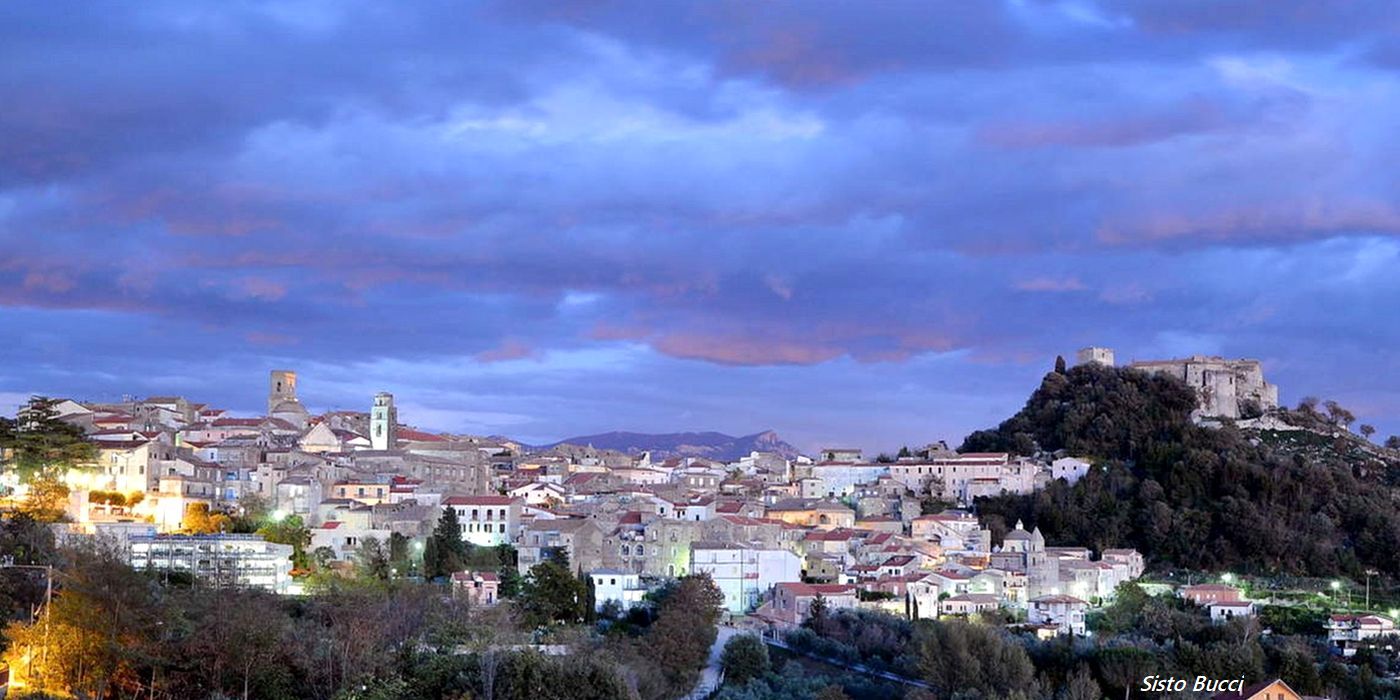DR Congo. Msgr. Abeli Muhoya Mutchapa (Bishop of Kindu): “A country victim of international interests that plunder its resources”

“DR Congo is a victim of international interests that seek to destabilise government institutions by systematically plundering its natural resources, thanks to the connivance of local leaders,” states Msgr. François Abeli Muhoya Mutchapa, bishop of Kindu, suffragan of the archdiocese of Bukavu, North Kivu. Pope Francis departed this morning on his 40th apostolic journey abroad to the Democratic Republic of Congo and South Sudan, where he will stay until February 5. On his way to Fiumicino airport, the Holy Father stopped briefly to say a prayer at the Monument to the Fallen of Kindu. On November 11, 1961, when the country still bore the name Republic of Congo, 13 Italian airmen who formed part of the United Nations Operation in Congo contingent, sent to pacify the country, were slaughtered in Kindu. The two Italian aircraft on which they were flying were mistaken for aircraft loaded with paratroopers from the then State of Katanga. Upon landing, the Congolese soldiers attacked and beat the Malayans and Italians, mistaking them for Belgian mercenaries. One Italian officer tried to escape by jumping out an open window, but was killed. Despite efforts to convince the Congolese that the airmen were Italians, they were locked up in the local prison and machine-gunned to death, then buried in a mass grave. Their bodies were only discovered a few weeks later.
 “A war breaks out in Congo every ten years, involving national and international players”, explained Monsignor Abeli Muhoya Mutchapa in a written statement sent to SIR ahead of Pope Francis’ visit.
“A war breaks out in Congo every ten years, involving national and international players”, explained Monsignor Abeli Muhoya Mutchapa in a written statement sent to SIR ahead of Pope Francis’ visit.
“DR Congo is the victim of a number of agreements frequently made to its detriment and imposed by the great powers and multinational corporations”,
which, however, “neither bring peace nor do they benefit the Congolese people.” Moreover, parliamentary elections planned to be held this year, are already marked by “appointments of members of the Republic’s highest offices based on tribal affiliation; repeated violations of the Constitution; a political scenario marked by aggression by Rwanda and Uganda”, which risk resulting in the “Balkanisation” of the country. There are no less than 140 local and foreign armed groups in DR Congo that fuel armed conflicts, “urban banditry is widespread owing to high unemployment, rural exodus and alcohol and drug abuse”; “military operations aimed at weakening these groups often involve rape and violence against women, mass displacement of civilians, enlistment of children into armed groups, exploitation of women and children in mining sites.” This is happening with the “silence and complicity of certain governments and of the United Nations”, the bishop of Kindu denounced.
27 million people face severe food insecurity. The social and humanitarian situation is catastrophic, with 27 million people (25% of the population) facing acute food insecurity in the east of the country; more than 5.6 million displaced persons sheltering in displacement sites or housed with other families; malnutrition and poor access to drinking water result in diseases such as “typhoid fever, cholera, diarrhoea, etc.”
DR Congo is a country with rich ground and underground resources that are “the object and source of frequent armed conflicts, land and inter-community disputes.” “These mining areas, exploited on artisanal scale, foster the abandonment of agricultural land and school dropouts, child and women exploitation, rape and sexual violence, as well as the spread of sexually transmitted diseases and HIV/AIDS,” he said.
Proposals for a solution to the crisis. Monsignor Abeli Muhoya Mutchapa put forward a set of proposals aimed at facilitating solutions to the crisis, calling for the support of the universal Church to “support the DR Congo in its diplomatic efforts to restore peace”, calling for “justice as reparation for the damage suffered by the attacking countries”, for example with “sanctions against Rwanda, Uganda and other collaborators”. Other proposals include
accompaniment of the country “in its democratisation and peace process”,
giving new impetus to agriculture, promoting human rights “and the fight against sexual violence, rehabilitation and creation of grassroots social infrastructure”, vocational training for young people and empowerment.
(Fonte: AgenSIR – News archiviata in #TeleradioNews ♥ il tuo sito web © Diritti riservati all’autore)





